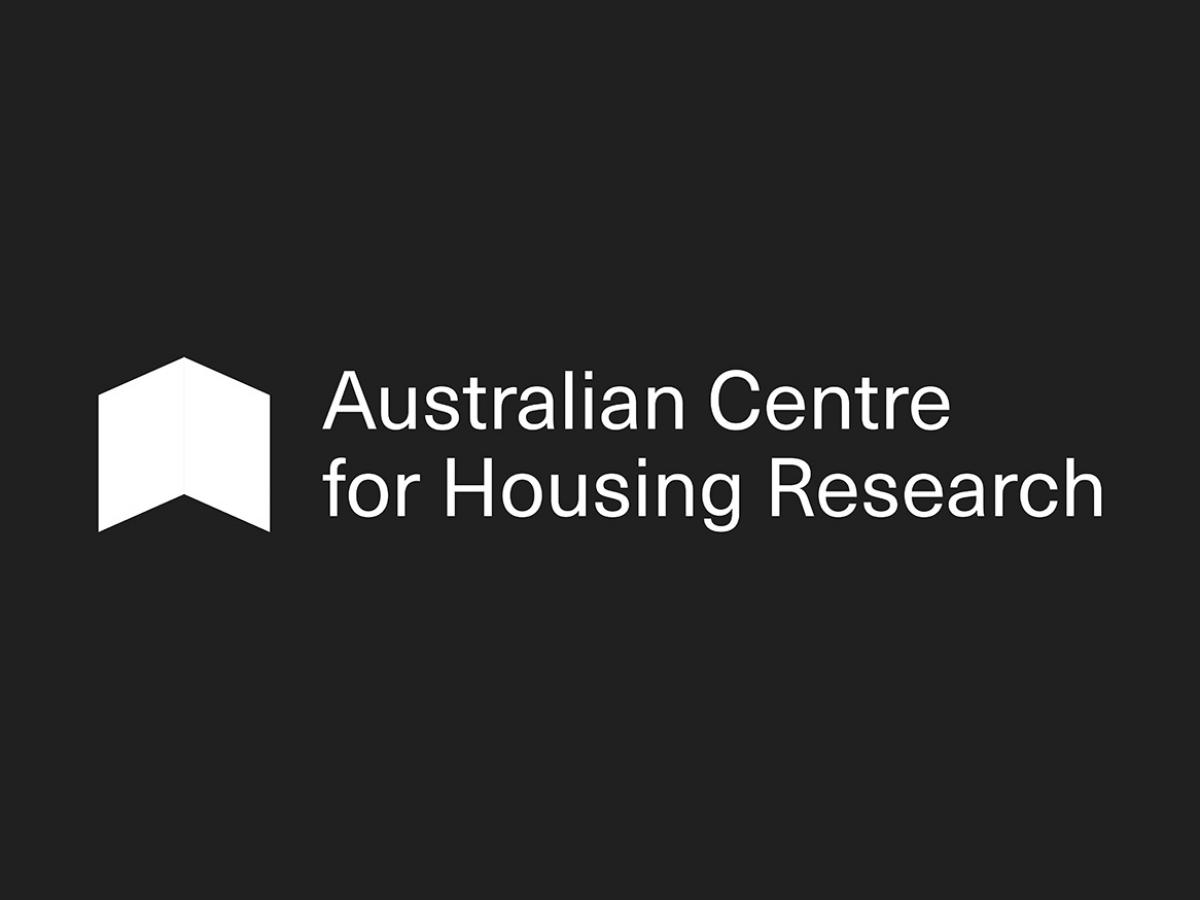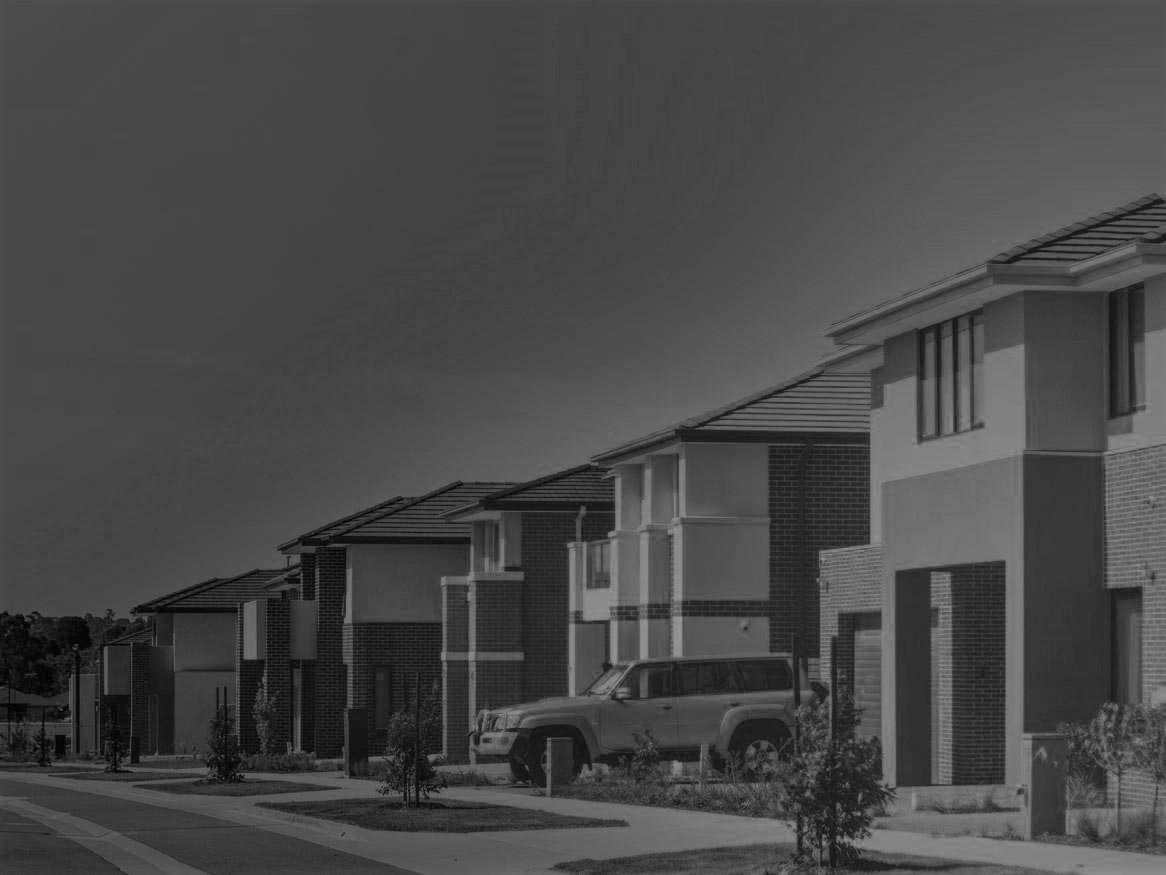Home

Welcome to the Australian Centre for Housing Research at the University of Adelaide.
The Australian housing system is an $8 trillion asset of more than 10 million owned, rented, and government assisted dwellings. It is used by governments as an economic engine, a welfare tool, and a conduit to deliver health and social interventions. For ordinary Australians, it represents our major lifetime investment, most significant day-to-day expenditure, the place we spend 70 per cent of our time. Our housing system is also set to grow substantially over the next 30 years as Australia’s economy and population expands.
The Australian Centre for Housing Research (ACHR) is a collaboration of researchers, policy stakeholders, industry, and advocacy. Based at the University of Adelaide, the Centre aims to:
- Provide a focus for national and international collaboration around housing issues
- Deliver high-quality, innovative and relevant research on housing
- Inform social policy, practice, public debate, and decision making across the housing sector
The Environmental Distress Index (TEDI)
TEDI has been developed by the University of Adelaide for the Victorian Environment Protection Authority (EPA). It will be used to measure the impact that environmental events and pollution have on communities. The TEDI survey will help the EPA understand how to better protect community wellbeing.
The South Australian Frontier and its Legacies
The South Australian Frontier and its Legacies is an online, geo-linked Story Map and education tool that explores the nature of nineteenth-century colonial encounters between Aboriginal peoples and European settlers from place to place and over time. It gathers together, for the first time, a rich collection of South Australia’s archival records on frontier conflict, colonial press reports, artworks and photographs, and contemporary oral histories with South Australian Aboriginal communities.
This project is funded by an Australian Research Council Linkage grant, led by the University of Adelaide and developed in partnership with Reconciliation South Australia, the State Library of South Australia, the History Trust of South Australia, the South Australian Museum and State Records of South Australia.
The Australian Housing Conditions Dataset
Each year the proportion of Australians who rent their home increases and, for the first time in generations, there are now as many renters as outright homeowners. Researchers and policy makers, however, know very little about housing conditions within Australia's housing sector due to a lack of systematic, reliable data. Since 2016, a collaboration of Australian researchers and universities have commissioned ongoing surveys of renters and homeowners to build a data infrastructure detailing the conditions, characteristics, and demographics of Australian homes and householders. This data infrastructure has been designed to be nationally representative across all Australian States and Territories and balanced across key population characteristics. The Australian Housing Conditions Dataset (AHCD) is a publicly available data infrastructure for researchers and policy makers, providing a basis for national and international research.
Read the Nature Scientific Data paper Access the Housing Conditions Dataset Housing Conditions gallery
Latest news
25 Jun
Welcoming Our Newest Member: Dr. Rowan Arundel, Adjunct Senior Fellow
Dr. Rowan Arundel joins us in 2024 as an Adjunct Senior Fellow within the School of Social Sciences at the University of Adelaide. Dr. Rowan Arundel is Assistant Professor at the University of Amsterdam, based in the Department of Geography, Planning and International Development. His research focuses on dynamics of housing inequalities and interactions between housing, labour and welfare regime, as well as a broader interest in spatial analysis and macro and micro quantitative methods. He has published widely on both the Netherlands and on comparative housing research across European contexts. He is the recipient of an ongoing Veni fellowship for his project ‘WEALTHSCAPES: the spatial inequality of housing wealth accumulation’ looking at the role of both housing market spatial polarization and divided housing access in driving wealth inequalities. 28 May Danielle Wood, Chair of the Productivity Commission explores the topic of Inequality in Australia and discusses "what role does government policy play?". Danielle presented her insights into economic inequality, how it has changed over time and explored the factors that contribute to how different groups are faring and whether governments can and should do more. This was followed by an in-depth conversation with Professor Emma Baker: Professor of Housing and Research, University of Adelaide and Professor Fran Baum: Director Stretton Health Equity, University of Adelaide. 02 Mar
'What works' to sustain Indigenous tenancies - Report Publication
Congratulations to centre researchers Megan Moskos, Linda Isherwood, and Emma Baker for the publication of their AHURI Final Report 'What works' to sustain Indigenous tenancies in Australia, written in collaboration with Professor Michael Dockery and Dr Ngoc Thien Anh Pham.









